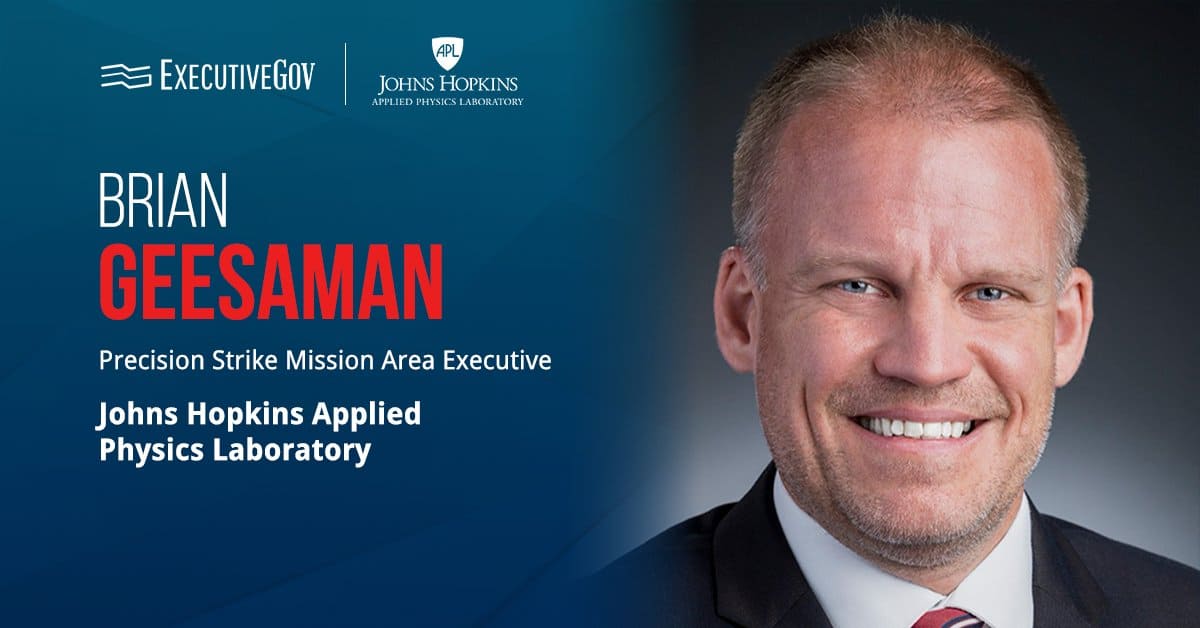The National Science Foundation (NSF) has developed a predictive model designed to identify improper grant payments, and may share it with other agencies that award grants, Federal News Network reported Wednesday.
NSF’s payments and analytics branch has been experimenting with predictive analytics and produced an open-source model that eventually received the Association of Government Accountants’ (AGA) recognition. The agency studied how audit data, combined with other input, can inform predictive analytics.
“What we wanted to try to do is determine a subset of variables that we could use to accurately forecast whether one of these auditees would have a question cost," Jesse Simons, NSF branch chief, told Federal News Network.
The branch plans to deploy dashboards that would augment the agency's real-time data visualization.





